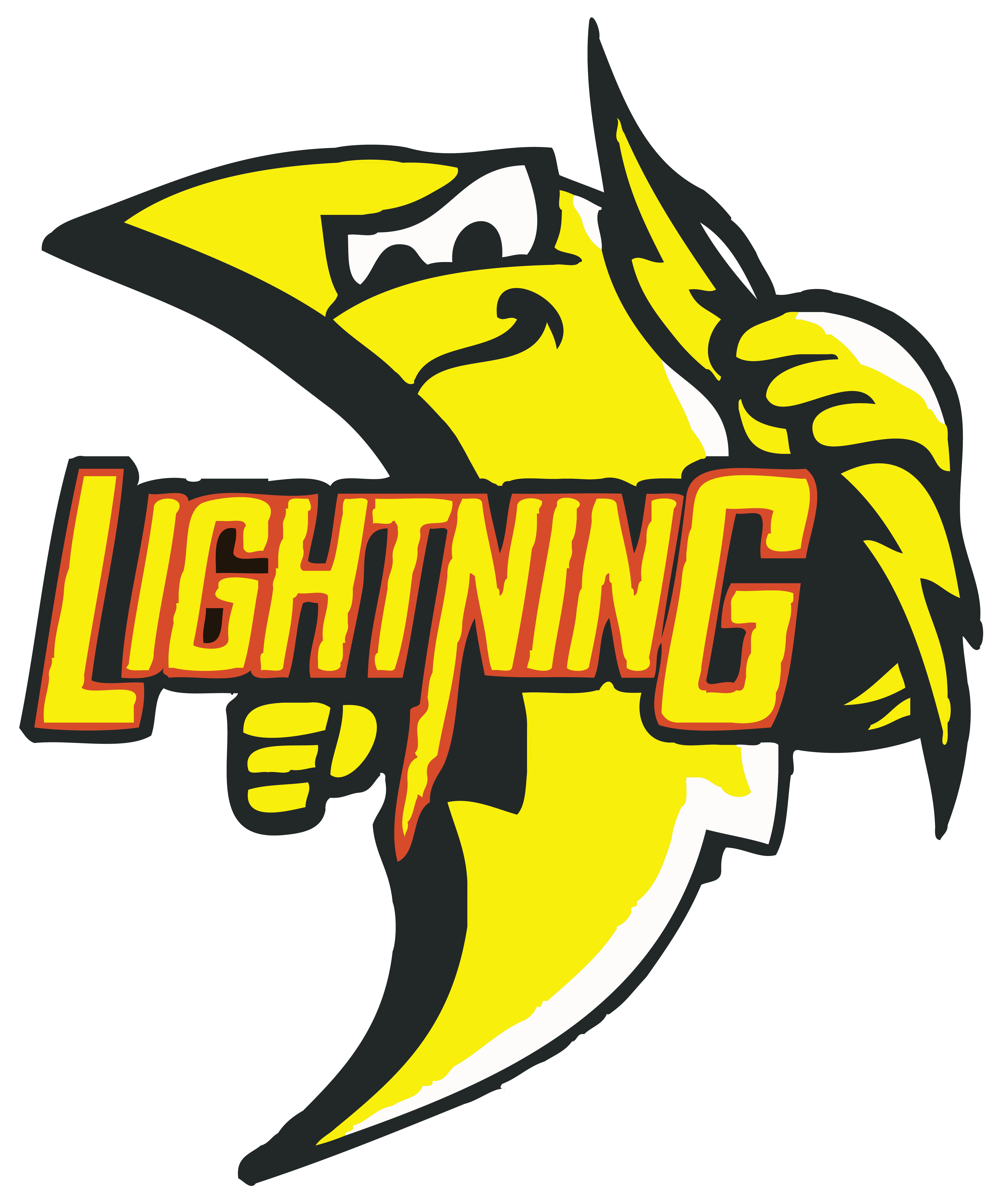Welcome to Langton School
It is a pleasure to welcome you to Langton Public School. By working together as parents, students and staff we can ensure the best possible educational opportunities for our children.
Langton Public School is a rural school which provides educational programs for students from Junior Kindergarten to Grade 8. Built in 1947, Langton Public School boasts the claim to fame of being the first consolidated school in Ontario. We are proud of our tradition of cooperation and support with the surrounding community.
Please use the Student Planner every day to keep in touch with what is happening at your child’s school.
Strategies that Work
Completing homework is a necessary part of a sound educational program. Students develop independent work habits when they take responsibility in planning for and completing homework. Check out these basic tips...
- Provide an appropriate place to do homework.
- Provide for a regular time to complete homework.
- Keep your child company. Be available to support and encourage your child while you do your own tasks (ironing, reading, sewing, etc.)
- Check the Agendas and discuss contents with your child.
- Talk with your child about school work and assignments.
- Praise work that is well done.
- Display completed work.
- Review instructions and expectations.
- Encourage your child to ask the teacher for help or clarification.
Primary Division
- Ask your child about the topics or themes that he/she is working on and discuss them.
- Praise your child for work well-done or for improvement in work.
- Display pieces of your child's work at home to demonstrate pride in his/her achievements.
- Review any homework instructions and expectations with your child.
- Play games! Puzzles, board games, car games
- measure, sort, create crafts, cook, bake
- play with balls, marbles, ropes, tools
- work with scissors, crayons, markers
Junior Intermediate Division
- Provide an appropriate place and time for your child to study at home.
- Check and sign your child's Agenda REGULARLY. Be sure they have indeed done the homework listed for that day.
- Keeping your child company, by being in the same room or working yourself at the table, allows your child to ask for assistance or clarification and gives you the opportunity to make suggestions or encourage your child.
- Ask to see samples of your child's school work.
- Help set goals for your child that are challenging, but attainable. Challenges keep children interested. Attainable goals prevent them from becoming frustrated.
- Have your child prepare and study for tests well in advance.
- Keeping an eye on your child and their homework can tell you a lot about your child's work habits and general progress.
Reading Tips
When children read, they open up a door to an exciting world. You can help your child with this exciting opportunity! Remember that when a child becomes a reader, their world becomes wider and richer!
- Read aloud to your child: books, magazines, newspapers, the back of cereal boxes, labels, cans, directions, etc.
- Listen to your child read to you every day.
- Visit the library together and check out books that interest you.
- Have magazines, books and newspapers around the house to let your child see that you like to read.
Writing Tips
How does a child become a good writer? Reading will help tremendously and feeling comfortable with writing will help too. Think of writing as a reflection of personal thoughts!
- Show your child that writing is important by making lists, taking messages, writing notes to school, writing letters to friends, etc.
- Talk with your child about why people write. People write to give instructions, to tell a story, to describe how something looks, to describe events, or to convince people of something.
- Remember that reading and writing are a partnership! Have children read assignment instructions out loud. If you read, you become a better writer, if you write it will help you become a better reader!
- Encourage your child to read with expression emphasizing words that are most important. This will carry over into their writing.
Math Tips
Math is an important part of life. Encourage your child to think of him/herself as a mathematician who can reason and solve problems.
- Tell your child that everyone "does math" and can learn math. Point out numbers in your child's life such as in telling time, measuring in cooking, birthdays and age, temperature, using money, etc.
- Encourage doing math "in your head". Mental math is important for success! Estimate how much it will cost to eat at a restaurant, calculate tax, determine change to be given, etc.
- Let your child see how you solve problems (for example, when planning to build something, while playing chess, balancing the cheque book, etc). Strategy is important!
- Knowledge of math facts is SO important! Children need to know the facts quickly and easily so that time is not wasted and attention taken away from the problem. Drill math facts regularly together.
- Look for patterns in your child's world and discuss them together. Can they see patterns in numbers, shapes, textures (ex. wallpaper), in art?
- Look for examples of how graphs are using to convey information. Magazines often have result represented in graph form. Talk about how the graph is used and how the data is shown.



